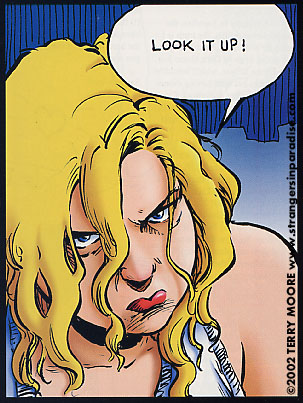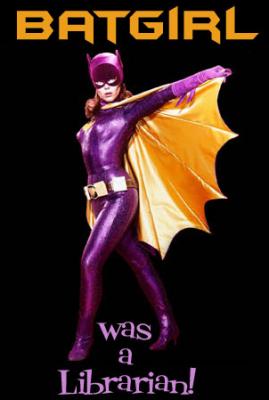
You know, people ask me all the time, "Who's your favorite author?". I could come up with a list of names within seconds. Some of the names on this list will vary, depending on the latest book I've read, or the day that you happen to ask me. But there are a couple of names that are always at the top of my list, and Rick Bragg is one of them.
Rick is a Pullitzer Prize winner, but more than that, he is a storyteller. And he comes from a long line of storytellers, the Appalachian people, who are his people, and my people too. And I guess the thing I like best about Rick's writing is that he gives voice to these people--these hard working, salt of the earth people, that are all too often forgotten or ignored or caricaturized in our popular culture.
Rick was born and raised on the outskirts of Jacksonville, Alabama, the mill town that is the subject of his latest book. Rick tells the story of the people in this small town who worked in the mill. They worked there because they needed those jobs, even though it filled their lungs with lint and shortened their lives, and because it allowed them to live, as Rick says, "in stiff-necked dignity in the hills of their fathers... so, when death did come, no one had to ship their bodies home on a train." In this area of the country, people who do not work, but could, are despised. In the local vernacular, they are "jest sorry". And it is work that defines them. Rick again..."You need not use foul language to damn a man here. Just say that a day's work would kill him, and you tore him down to the bald nothing."
These are the real people behind the plant closings and layoffs that are a common story around our country these days. Each chapter tells the story of a separate life and through it all there is a background of suffering endured that is grim and sad, yet very real. These tough people do not deserve to vanish alongside their dying industry, and they don't deserve to be forgotten by the labor unions or politicians in Washington. Rick wrote this book for them to champion their cause, and to honor them, a people who were once valued for what they could make, and how fine it was, and how fast they could make it. As Publisher's Weekly says "Bragg again creates a soulful, poignant portrait of working-class Southern life." You really should read this book.

A few years ago, when I saw Rick at the Southern Kentucky Book Festival in Bowling Green, I was lucky enough to get my picture taken with him. I was so proud of that picture with one of my favorite authors that I framed it and put it on my desk at work. I already had a picture of my son on my desk, and when I added this one to it, people just naturally thought it was my husband. I always hastened to correct them, no, no, not my husband, just my favorite author and a Pullitzer Prize winner. When I was telling my husband about this, he got his feelings hurt a bit that I didn't have his picture there, and I wound up taking both pictures down anyway, as I didn't have a whole lot of room for them anyway. I love my husband (you don't stay married to someone for 40 years if you don't). And I do love Rick Bragg (and I believe you will too), but the picture of me and Rick currently sits on top of my bookcase at home.









































1 comment:
Well you definitely have me intrigued. It might be nice to read some American literature not set in NYC for once! Thanks for talking about Rick Bragg. I love the photo; I have one of me and Margaret Atwood in a similar place of honor!
Post a Comment